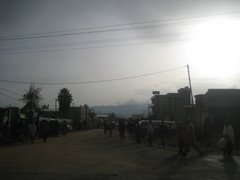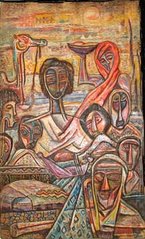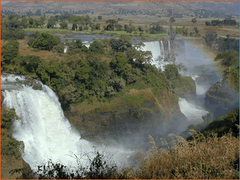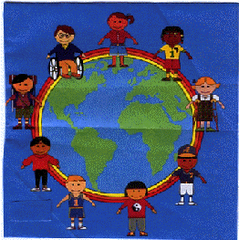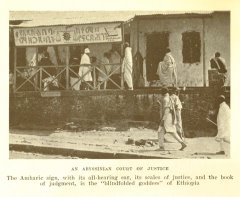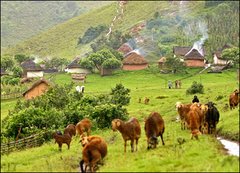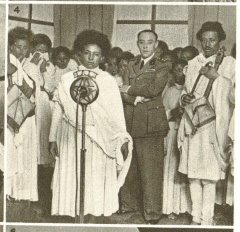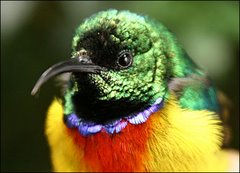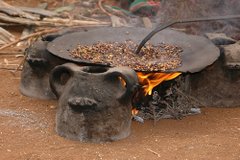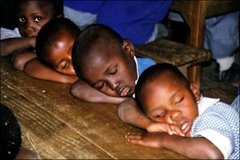Exemplars from Ethiopia
So many Ethiopian scholars men and women exist; more notably, so many Ethiopian scholars of art, poetry, literature, social sciences exist, under the shadow of the medical doctors, engineers, and computer scientists (whom are a wonderful asset too). But it is important to bring to light the underrepresented intellectuals who have given so much to the progress of Ethiopians world-wide.
Dr. Eshetu Chole (1945-1998) was an economist and a poet. He received his BA in Economics at Addis Ababa University (1966); then obtained his MA from the University of Illinois (1968); and completed his PhD in economics from Syracuse University (1973). A member of the Editorial Board for the Journal of Ethiopian Studies, Dr. Eshetu dedicated his expertise to the sustenance of Ethiopian studies. You can read more about his personal life by clicking on the title of this post. Now, here is one of my favorite poems of the late Dr. Eshetu.
SILENCE
Silence
Is life infinity
Majestic
Its depth unsurpassed
By talk-glib talk, gossip, proud talk
And other human trash.
Silence is beauty,
For truth is silent
And, truth, they say, is beauty.
Silence is peace-
Peace absolute
Peace consuming
Silence is joy
Unparalleled
Undiluted by the cheapness of our lives.
A tear is silent
A smile is silent
And love too is silent
And death is silent
Oh! If only life were
As pure as silence.
Death is the fate of the flesh
Life forever is given through the spirit and love.
The love of all of those,
All of us left behind can give any man eternal life
Through remembrance of his work,
By remembrance of his spirit.

